Introduction
Thyroid cancer is a relatively rare but increasingly prevalent form of cancer affecting the thyroid gland, a small butterfly-shaped organ located at the base of the neck. While many cases are treatable, early detection plays a crucial role in successful outcomes. This guide covers everything you need to know about thyroid cancer, from its historical background to modern treatment options.
Historical Overview of Thyroid Cancer
Thyroid cancer has been documented for centuries, with early descriptions dating back to ancient Greek and Egyptian medicine. However, significant advancements in understanding the disease began in the 20th century with the development of imaging technology and radioactive iodine therapy. The increased detection of thyroid nodules through ultrasound and fine-needle aspiration biopsy has led to a rise in diagnosed cases worldwide.
Global Statistics on Thyroid Cancer
According to the World Health Organization (WHO), thyroid cancer accounts for approximately 3-5% of all cancers worldwide. The American Cancer Society estimates that in 2024, around 43,000 new cases will be diagnosed in the United States alone. The disease is more common in women, with a female-to-male ratio of about 3:1. Incidence rates have risen globally due to better screening techniques and increased environmental risk factors.
Causes and Risk Factors
While the exact causes of thyroid cancer remain unclear, several risk factors have been identified:
- Genetic Predisposition – A family history of thyroid cancer increases the likelihood of developing the disease.
- Radiation Exposure – Individuals exposed to radiation, particularly during childhood, have a higher risk.
- Iodine Deficiency or Excess – Both insufficient and excessive iodine intake can contribute to thyroid dysfunction.
- Gender and Age – Women and individuals over 40 years old are at a greater risk.
- Hormonal Factors – Estrogen is believed to play a role in the increased incidence among women.
Symptoms of Thyroid Cancer
Many cases of thyroid cancer develop silently, with no noticeable symptoms in the early stages. As the disease progresses, the following symptoms may appear:
- A lump or swelling in the neck
- Hoarseness or voice changes
- Difficulty swallowing or breathing
- Persistent sore throat or neck pain
- Swollen lymph nodes in the neck
- Unexplained weight loss (in aggressive forms)
If you experience any of these symptoms, it is crucial to seek medical evaluation promptly.
Diagnosis: How is Thyroid Cancer Detected?
Early diagnosis is key to effective treatment. Common diagnostic methods include:
- Physical Examination – Checking for lumps or abnormalities in the thyroid gland.
- Ultrasound Imaging – High-frequency sound waves help detect thyroid nodules.
- Fine-Needle Aspiration Biopsy (FNAB) – A small tissue sample is taken for microscopic examination.
- Blood Tests – Assess thyroid hormone levels and tumor markers.
- Radioactive Iodine Scan – Determines whether nodules absorb iodine normally.
- CT Scan & MRI – Used to check for metastasis (cancer spread).
Types of Thyroid Cancer
Thyroid cancer is classified into several types based on its cellular structure:
- Papillary Thyroid Cancer (PTC) – The most common type (about 80% of cases), slow-growing but treatable.
- Follicular Thyroid Cancer (FTC) – Less common, but can spread to bones and lungs.
- Medullary Thyroid Cancer (MTC) – Arises from C cells, associated with genetic syndromes.
- Anaplastic Thyroid Cancer (ATC) – The rarest and most aggressive form, often resistant to treatment.
Treatment Options for Thyroid Cancer
The treatment plan depends on the cancer type, stage, and patient’s overall health. Common approaches include:
1. Surgery (Thyroidectomy)
- Total Thyroidectomy – Complete removal of the thyroid gland.
- Lobectomy – Partial removal in cases where cancer is localized.
2. Radioactive Iodine Therapy (RAI)
- Used after surgery to destroy remaining cancerous thyroid cells.
- Effective for papillary and follicular thyroid cancers.
3. Hormone Therapy
- Patients require lifelong thyroid hormone replacement to maintain metabolism and suppress tumor regrowth.
4. Targeted Therapy & Immunotherapy
- Advanced treatment options for cases that do not respond to standard therapies.
5. External Beam Radiation & Chemotherapy
- Used for aggressive or advanced-stage thyroid cancers.
Prognosis: Survival Rates & Outlook
Thyroid cancer generally has a high survival rate, especially in early stages:
- Papillary and Follicular Thyroid Cancer – 5-year survival rate > 98%
- Medullary Thyroid Cancer – 5-year survival rate ~75-90%
- Anaplastic Thyroid Cancer – 5-year survival rate < 10%, as it progresses rapidly.
Early detection and appropriate treatment significantly improve the prognosis.
Prevention and Risk Reduction
While thyroid cancer cannot always be prevented, the following steps may help reduce the risk:
✔ Minimize Radiation Exposure – Avoid unnecessary medical radiation, especially in children.
✔ Maintain Iodine Balance – Ensure adequate iodine intake through diet.
✔ Regular Screenings – Individuals with a family history should undergo periodic thyroid examinations.
✔ Healthy Lifestyle – A balanced diet and exercise can support overall thyroid health.
Final Thoughts
Thyroid cancer is one of the most treatable cancers when detected early. With advances in medical technology and treatment, patients diagnosed with thyroid cancer have a strong chance of recovery and leading a normal life.


